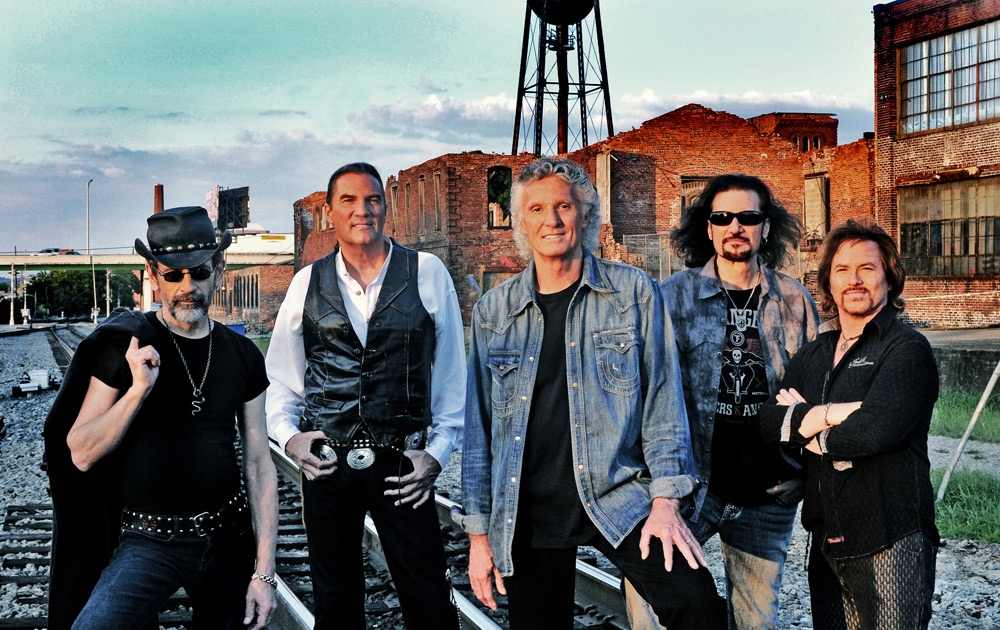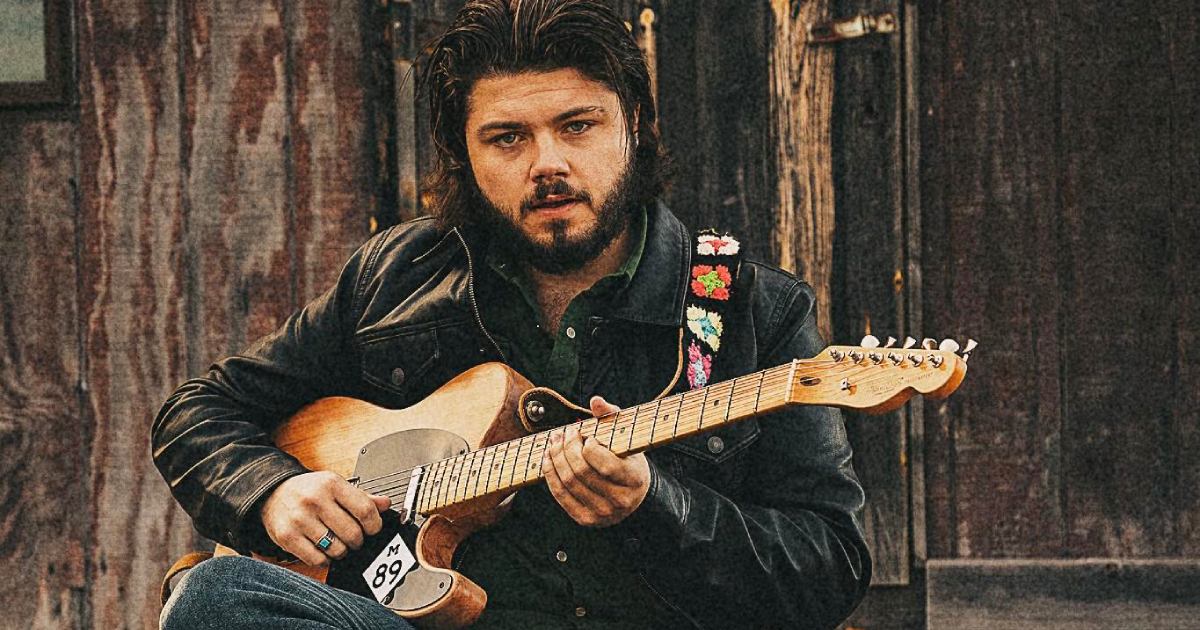In some ways Grand Funk Railroad has always been the Rodney Dangerfield of hard-driving rock ’n’ roll — they get no respect.
From the very beginning, the Flint-bred band made a gargantuan noise. Their bombast was not unlike the MC5, but Grand Funk skipped the cosmic revolutionary stance in favor of a more working class, populist worldview. In the argot of the time they were a “people’s band.”
But even at the height of the band’s popularity, in the first half of the 1970s, they took a beating from the critical establishment who mainly complained that they were too loud and lacked sophistication.
“All their songs sound exactly alike. It is not a matter of music, but of marketing an encompassing din to an audience that is apparently unwilling to be encompassed in anything cerebral,” wrote New York Times rock writer Mike Jahn in 1971.
Drummer and singer Don Brewer recently said the group did its best to shake off the insults, which he said mainly came from the “rock ’n’ roll snob” elite on both coasts (and especially the writers at Rolling Stone).
“It turned into kind of a vendetta,” Brewer said. “We were the band that critics loved to hate. We turned a blind eye to it and went about our business — and here we are, 45 years later, and all those critics are gone.”
Grand Funk Railroad was founded in 1969 by Brewer, bassist Mel Schacher and singer/guitarist Mark Farner. The members came out of regionally prominent acts like Terry Knight and the Pack and ? and the Mysterians, combining forces to create an ensemble that earned the label “power trio.” Their sound was a marriage of the dirty, noisy shop floor and crackling sounds of soul that came over the airwaves on stations like Flint’s WAMM.
“That’s what we all listened to as kids,” Brewer said. “Then, when we came up and the whole rock thing was happening, all of these kids took that R&B influence that they’d grown up with and they converted it over to this rock flavor. And, of course, being from Detroit and Flint it had a very hard edge to it. It’s a blue collar thing, especially back then.”
At early important gigs like 1969’s Atlanta International Pop Festival, Grand Funk wowed audiences with that purely Michigan style of rock ’n’ roll that was loud and intense but retained an R&B sensibility at its core. They signed on with manager Terry Knight, a well-connected industry player and master of ginning up publicity. In fact, Brewer said there was a wide perception among the media at the time that Knight was a Svengali-type creating a Monkees-like group in Grand Funk, which contributed to some of the enmity from critics.
Grand Funk was on a rocket ride to superstardom, playing an iconic sold-out show at Shea Stadium in 1971 and scoring its first Top 40 hit with “Closer to Home.” But in 1972 the band split with Knight in an orgy of legal action that represents one of the most epic battles in rock history. (It even made for a compelling episode of VH1’s Behind the Music).
The post-Knight era brought a slicker sound and it was in this period that Grand Funk had its biggest run of chart success. They earned No. 1 hits with the iconic Todd Rundgren-produced “We’re an American Band” and a cover of the Carole King/Gerry Goffin party anthem “The Loco-Motion.” Singles “Some Kind of Wonderful,” “Bad Time,” “Shinin’ On” and “Walk Like a Man” also cracked the Top 40.
The group disbanded in 1976 and returned briefly (sans Schacher) in the early 1980s. The original Grand Funk reunited in 1996 and the following year released a benefit live album for orphans from Bosnian war recorded at the Palace of Auburn Hills and featuring appearances by Paul Schaffer, Peter Frampton, Alto Reed and the Detroit Symphony Orchestra. That led to several years of touring, but the band split with Farner in 1998.
In 2000, Schacher and Brewer regrouped with ex-38. Special lead singer Max Carl, longtime Kiss guitarist Bruce Kulick and keyboardist Tim Cashion, who has performed with Bob Seger and Robert Palmer. This version of the group has toured ever since and has now been together longer than the original trio.
There are some people (this writer included) who remain skeptical of the legitimacy of any incarnation of Grand Funk sans Farner. The erstwhile singer’s politics are as strange as his hairstyle, but he brought a certain moral uprightness to the group that was refreshing. On the other hand, the current version of the band has been together so long, perhaps it is worthy of being considered in its own right.
“I think that we have become our own entity,” Brewer said. “It really has kind of turned into a unit of its own, and it’s got its own following.”
While Grand Funk continues to write music — the show opener is a Carl composition called “Bottle Rocket” — don’t hold your breath waiting for a new album from the band. Brewer said the current financial realities of the music business are a powerful disincentive for recording.
“Why waste your time recording something just for yourself? If nobody’s going to listen to it, or nobody’s going to give it a fair shot, or nobody cares — which is even worse — basically what you’re doing is recording for yourself,” Brewer said.
Instead, they focus on live shows, maintaining a relatively heavy tour schedule.
“I thank our lucky stars all the time that we can play live, and we can draw an audience,” Brewer said. “That’s what we do best, and that’s what we focus on. As an artist, there’s nothing better than having that one-on-one with an audience and getting that immediate response right there.”
Grand Funk Railroad performs with special guest Matthew Curry at Meijer Gardens and Sculpture Park on June 3 at 7 p.m. Tickets are $50 for members and $52 public. For information, visit meijergardens.org or call (888) 957-1580.





